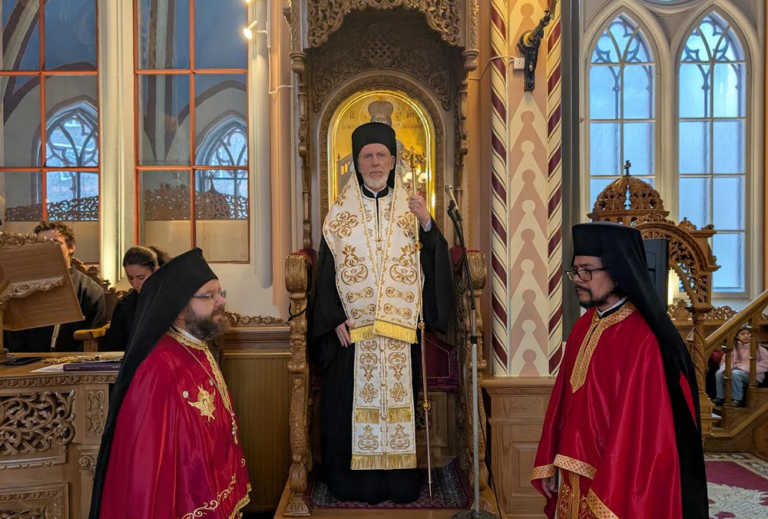Turkey has received almost €1 billion from the EU to support rule of law, civil society, fundamental rights, democracy and governance.
A European Commission spokesperson told EUobserver earlier this month some €979.6 million was paid out between 2007 and April this year with more likely to come given Turkey’s continued candidacy for EU membership.
The commission also said it was closely reviewing ongoing and future financial assistance for Turkey “to make sure it is fully in line with our interests and values.”
But Turkey’s backsliding into an autocracy led by its president, Recep Tayyip Erdogan, has, since last July, led to over 50,000 arrests, some 100,000 detentions, 138,000 job sackings, and close to 2,100 schools being shut down.
Of those, 234 journalists have been arrested, over 4,400 judges and prosecutors dismissed, and around 8,270 academics fired.
Earlier this month, Taner Kilic, the chair of Amnesty International Turkey, had also been detained by the police along with 22 other lawyers. He was then charged of belonging to a terrorist organisation.
Parliamentary republic
The country is also undergoing a radical shift from a parliamentary republic to one that concentrates power into the hands of Erdogan.
The issue has riled the European parliament, which has pushed for the end of accession talks.
But the EU and member states are keen to keep an open door to Turkey following a multi-billion euro refugee deal that prevents people from seeking asylum in Europe.
Belgian leader of the liberal political group, Guy Verhofstadt, told MEPs in Strasbourg last week that Erdogan’s hunger for power is now without limits.
“He can do what he wants. We don’t take any action towards Turkey, not even suspending accession talks,” he said.
The EU commission says the plan is to keep pouring money into in Turkey despite “the prevailing circumstances”. It also noted the legally binding obligations that underpin the funds.
Turkey receives more EU money than anyone else
The amounts are not insignificant. Turkey receives more money from the EU’s so-called Instrument for Pre-accession Assistance (IPA) than any other country.
From 2007 to 2013, it was allocated roughly €4.8 billion, which is more than 40 percent of all IPA allocations.
Of that, €2.68 billion was committed and €2.19 billion paid out. A further €1.65 billion has been allocated since 2014 but not yet paid out.
Commitments are legal promises to spend money on certain projects. Payments refer to the money that the EU actually expects to pay out in relation to the contract.
On Tuesday (20 June), the EU parliament’s foreign affairs committee once again demanded the end to Turkey membership talks.
German centre-right MEP Renate Sommer, who leads the group’s file on Turkey, noted that an end to accession talks would also stop pre-accession funding.
“We demand the redirection of the IPA funds to use them exclusively to support civil society and improve the situation of the refugees in Turkey,” she said in a statement.
Earlier this month, the EU’s financial watchdog, the European Court of Auditors, said it would start to probe how the money was spent.
The auditors announced they would focus on areas like the rule of law, fundamental rights, democracy, governance, and education.
Those results are expected sometime early next year.
Ask me anything
Explore related questions





